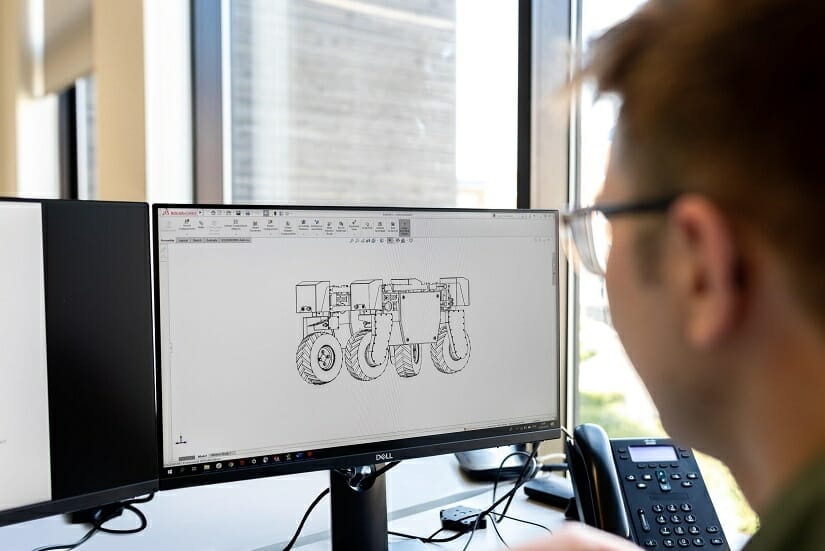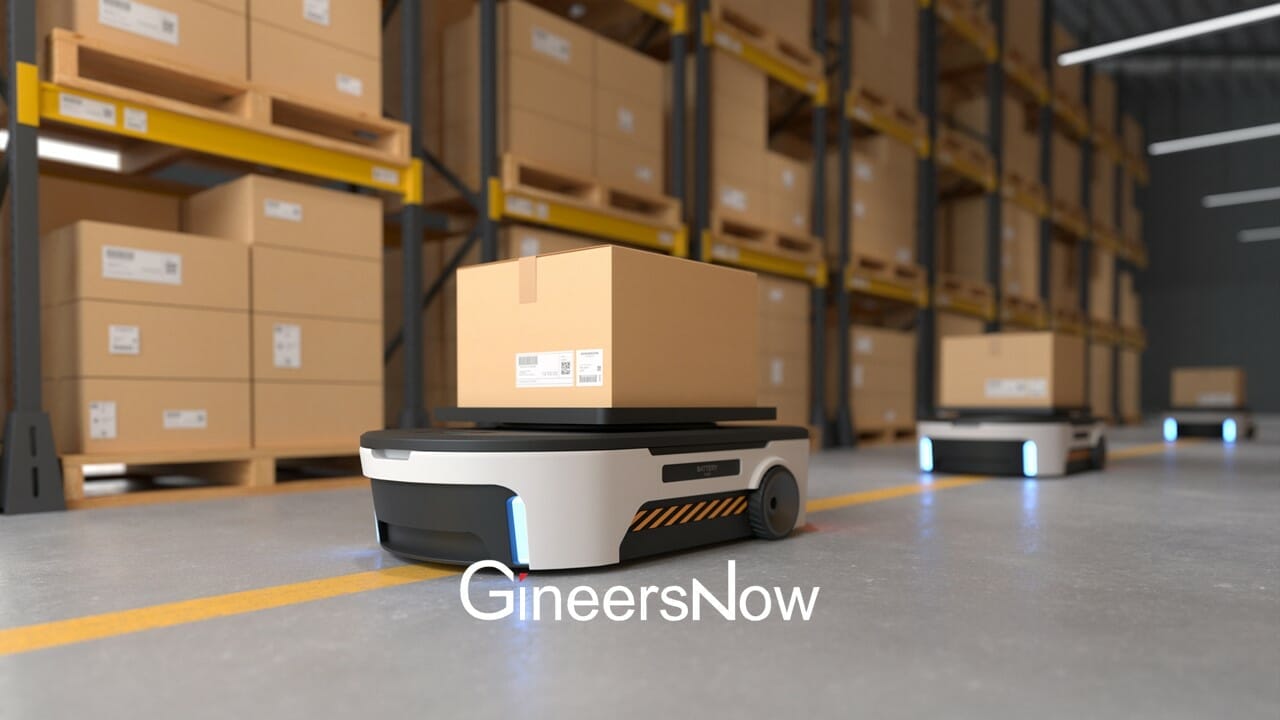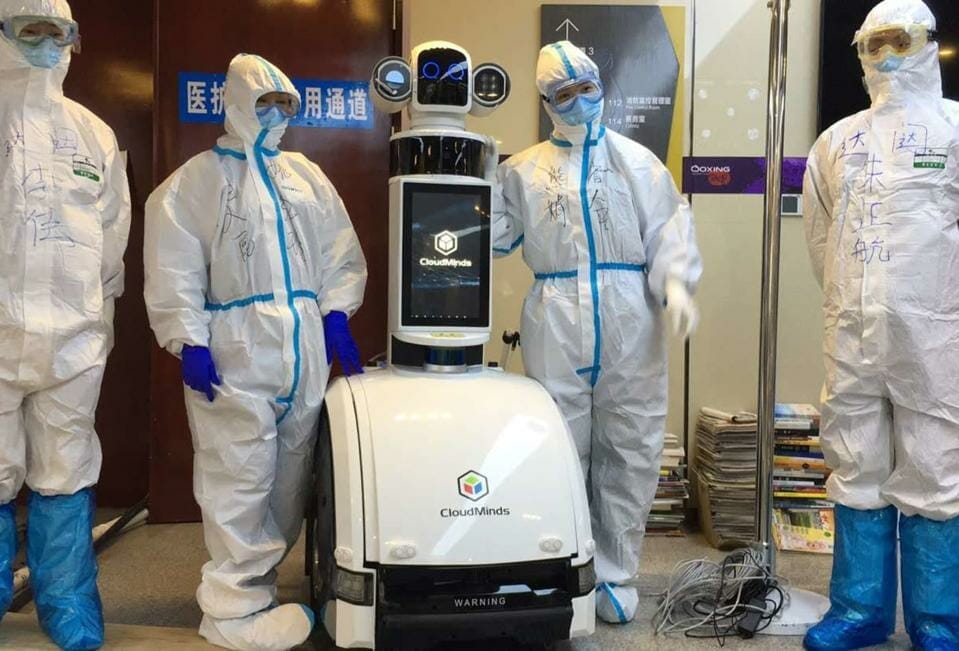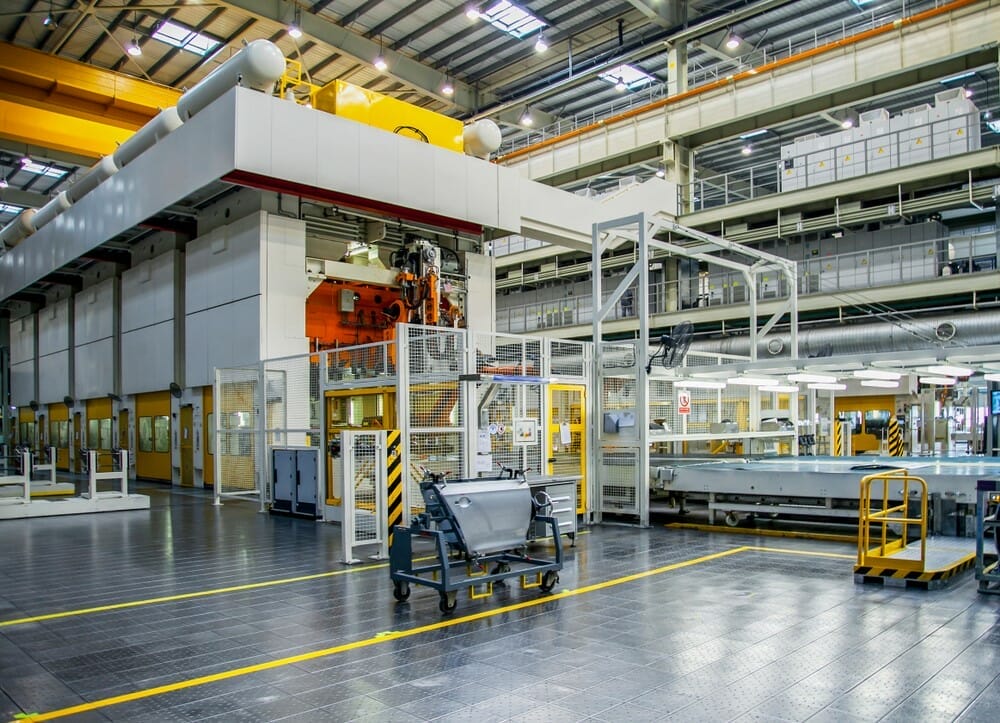There is no doubt that genetic engineering, which is the basis of modern molecular biotechnology, will be the most interesting scientific field in the next century. The initial achievements to date promise a lot, although they evoke mixed feelings of excitement, anxiety, and confusion in the world, as seen recently with the possible modernization of human cloning or genetic control of longevity, and many others.
The opportunities are only likely to grow across all areas, especially the Asian and Middle Eastern markets where new concepts are forever evolving. In this instance, people wanting to move into this line of work should look at educating themselves in all areas of advancements and give yourself the opportunity to complete your goals.
Change is coming

Due to the advance of digitization, the range of job profiles demanded by employers is increasingly wide, and jobs are constantly appearing that were unthinkable a few years ago. This widens the gap between job demand and the reality of the labor market.
The engineering sector is particularly affected because it generates the most vacancies and is very difficult to fill, according to an analysis of labor market trends carried out by the human resources company Randstad. The market needs expert professionals in all emerging branches of engineering.
Any company must have a multidisciplinary profile, with great versatility and analytical capacity, strategic vision, proactivity, and adaptation to change since they are the characteristics most sought after by companies. Especially after the COVID-19 crisis, it’s vital that companies provide adequate risk assessments for all workers. Could more digital aspects replace humanity?
Some of the areas and profiles most in demand in the short and medium term are:
- Electrical engineering: Due to the growth of society, the need to meet various requirements in the fields of engineering related to the generation and use of energy, the design of electromechanical elements, and the automation of systems are generated.
- Smart cities: The population is increasingly concentrated in cities, which are experiencing a rapid evolution towards aspects of intelligent management of resources, efficient urban planning, sustainable mobility, and other elements that make up a Smart City. This panorama requires the specialized work of engineers with knowledge in open data, artificial intelligence, systems, and application development who are capable of creating technologies for these objectives.
- Biomedicine and biotechnology: Although engineers already had a presence in the medical and health areas, it is one of the newer professions at an academic level.
- Industrial organization: It is one of the least technical profiles of engineering in the industrial field, but it is one of the most demanded by companies and, also, one of the most successful among students despite being relatively new.
- Industrial design: Design is applied in all aspects of society. Its objective, however, is not only aesthetic, but also seeks to make all the products it creates more useful, comfortable and efficient. Design is a distinctive element in the very competitive market in which we find ourselves.
Robotics in more areas?
The main challenge of building robotics continues to be the integration of robotics from the controlled environment of a factory to a changing environment such as construction activities. The potential of the robot is its ability to carry out work beyond mere manual operation but also beyond industrial repetition, and its direct control by digital data. Robots are becoming more autonomous and can perform more functions and tasks, reducing the waiting time for them to be used in construction.
At first, the supervision of professionals and their interaction with robots in construction will be essential. Robots’ difficulty in navigating complex environments will initially require significant human intervention. However, the trend is for less skilled workers to be replaced by robots, while higher-skilled workers will collaborate with the latter.
A robot’s speed and precision can dramatically increase productivity on a construction site. The challenge is undoubtedly the ability to program it to perform the right tasks efficiently. In addition to the productivity benefit, the accident rate of workers will also be reduced as robots carry out part of the jobs that involve more occupational risks. Robotics can completely transform construction as we understand it today.
The impact of technology in construction can influence not only work processes but also architecture, engineering, and creativity in the design of new environments. The great challenge is that robots do not replace human capacity and that they help improve architecture, aesthetics, productivity, design, safety, and quality of life for construction professionals.














